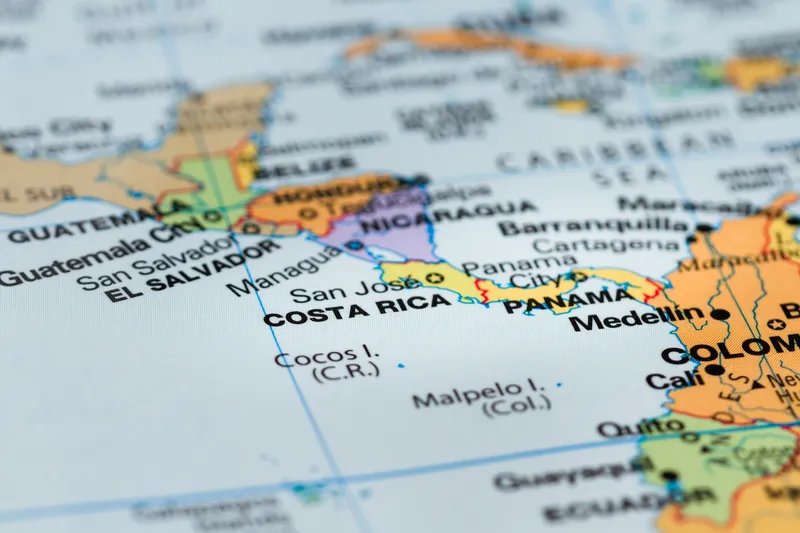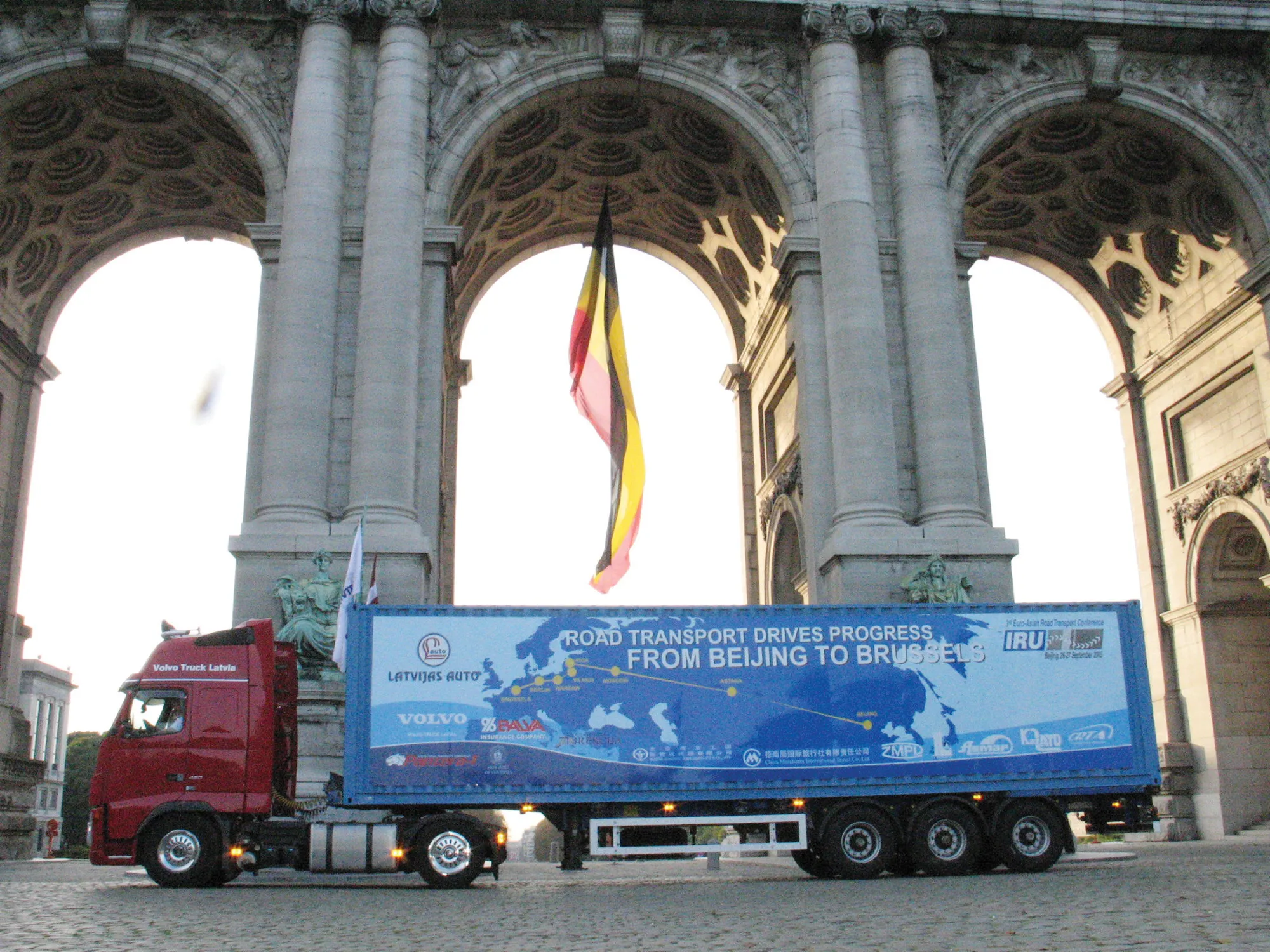Construction work on Colombia’s two key tunnel projects is being delayed, with insufficient funding proving a major challenge. Both the Toyo Tunnel and La Linea Tunnel projects are behind schedule. In addition, the project to construct the Pumajero Bridge is also being delayed due to a lack of funds.
Part of the problems is that the designs for these projects have been revised as construction work has progressed. However the additional funds to pay for the new design features added have not been fully released. This is a particularly problem with the La Linea Tunnel project, which has been revised a number of times. Civil works on the tunnel should now be finished in October 2019 with the route expected to open for traffic in May 2020, but various link roads, bridges and interchanges as well as the tunnel’s traffic control and ventilation systems still have to be completed.
Meanwhile there are also concerns over the condition of much of Colombia’s road network. The country’s Association of Freight Transporters (Colfecar) claims that 43.6% of Colombia’s surfaced roads require maintenance and show signs of heavy wear. According to Colfecar, just 9.5% of Colombia’s surfaced roads are in good condition, which is having a detrimental effect on transport costs.
Key Colombia tunnel projects delayed
Construction work on Colombia’s two key tunnel projects is being delayed, with insufficient funding proving a major challenge. Both the Toyo Tunnel and La Linea Tunnel projects are behind schedule. In addition, the project to construct the Pumajero Bridge is also being delayed due to a lack of funds.Part of the problems is that the designs for these projects have been revised as construction work has progressed. However the additional funds to pay for the new design features added have not been fully
September 21, 2018
Read time: 2 mins








